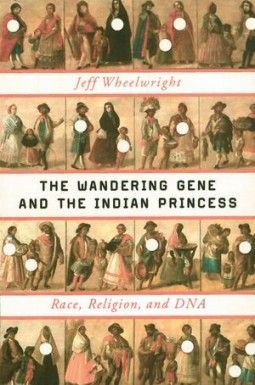
For our annual Spring Pledge Drive, we feature a book about race, religion and DNA. The book is The Wandering Gene and the Indian Princess, by Jeff Wheelwright. It’s a story about a beautiful young, Hispano woman in the San Luis Valley of Colorado who one day finds a pea-sized lump in her breast. Her name is Shonnie Medina. She is both Spanish and Native American – and the Spanish side of her family has been in the San Luis Valley for many centuries, farming, ranching, for the most part devout Catholics, often proud of their Catholic Spanish heritage. We learn that Shonnie is a carrier of a potentially deadly condition, because her DNA includes “the breast cancer gene” that increases the risk of breast cancer, in some cases, by 80%, while also increasing the risk of other cancers, including some in men. It’s a mutation that is over a thousand years old, and surprisingly, the version of this mutation that Shonnie carries is sometimes known as a “Jewish” cancer. For more, here’s Shelley talking with The Wandering Gene’s author, Jeff Wheelwright.
Hosts: Susan Moran, Joel Parker
Producer: Shelley Schlender
Engineer: Shelley Schlender
Contributor: Jim Pullen
Executive Producer: Shelley Schlender
Listen to the show:
Podcast: Play in new window | Download (Duration: 26:54 — 24.6MB)
Subscribe:

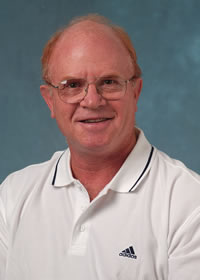



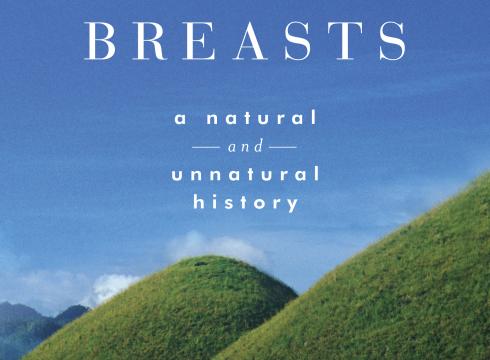
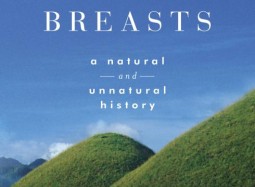

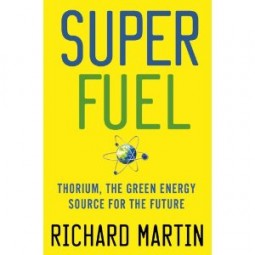


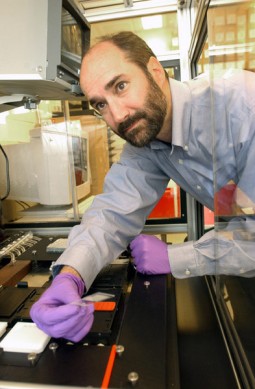
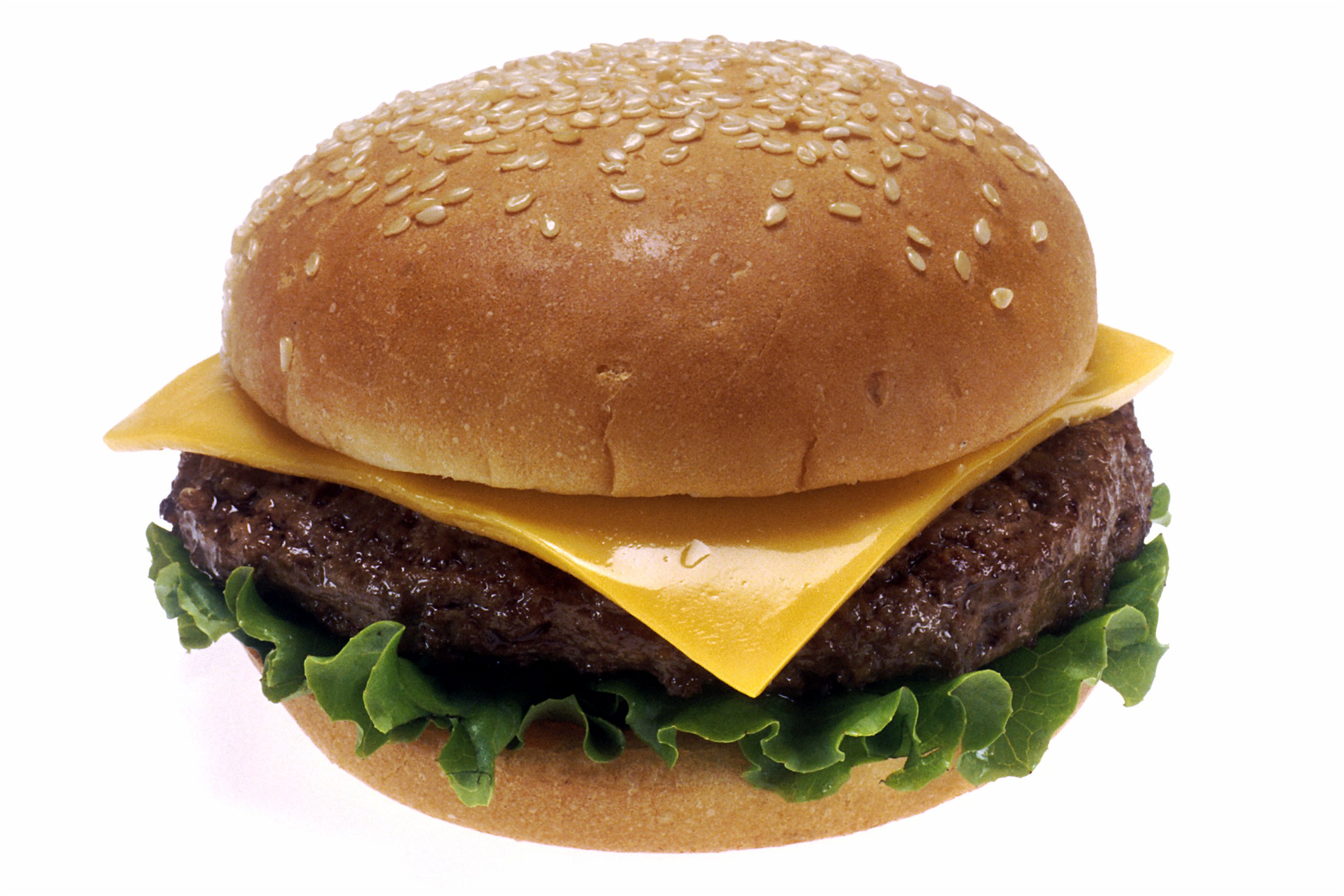
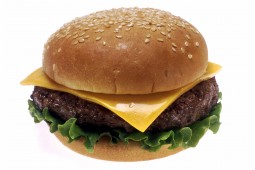
![Pesticides, Bees and Niwot Honey Farm’s Tom Theobald [extended version]](https://howonearthradio.org/wp-content/uploads/2012/03/Beekeeper-Tom-Theobald.jpg)

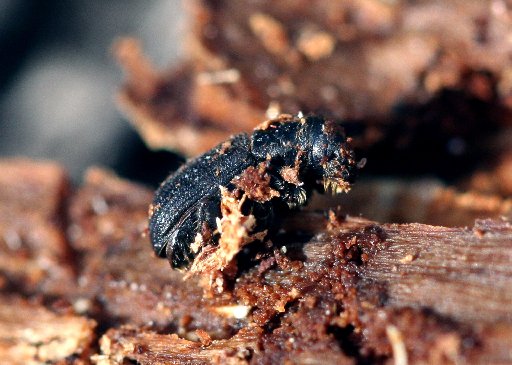



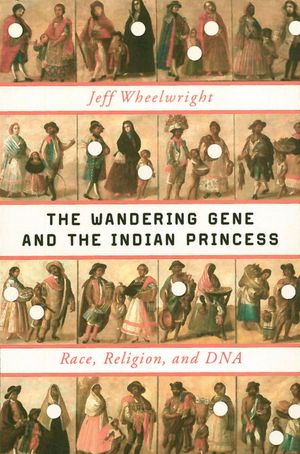

![Fukushima Cleanup [extended version]](https://howonearthradio.org/wp-content/uploads/2012/02/fukushima-radius-343x300.jpg)
